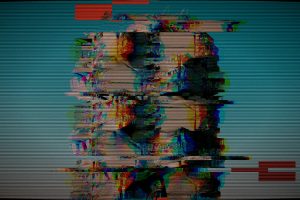Out of the Big Bang, the stars; out of the stardust, the Earth; out of the matter of the Earth, life. Out of the life and death of single-celled creatures, an advancing tide: trilobites, fish, amphibians, insects, flowers, birds, reptiles, and mammals, among whom emerged human beings—mammals with brains so complex that we experience self-conscious intelligence and freedom.
Like all human beings, Jesus carried within himself what Jesuit Father David Toolan has called “the signature of the supernovas and the geology and life history of the Earth.” The genetic structure of his cells made him part of the whole community of life that descended from common ancestors in the ancient seas. The flesh that the Word became thus reaches beyond Jesus and other human beings to encompass the whole biological world of living creatures and the cosmic dust of which we are composed.
By becoming flesh the Word of God confers blessing on the whole of earthly reality in its material dimension, and beyond that, on the cosmos in which the Earth exists. Rather than being a barrier that distances us from the divine, this material world becomes a sacrament that can reveal divine presence. In place of spiritual contempt for the world, we ally ourselves with the living God by loving the whole natural world, part of the flesh that the Word became.
Elizabeth Johnson, from “For God so loved the cosmos,” USCatholic.org
Reflection questions:
1. What does it mean that “the Word was made flesh and dwelt among us”?
2. What does Jesus have to do with the non-human parts of creation?
3. Does thinking about the intersection between Jesus, humanity, and the cosmos change your relationship to God? Your faith? Your relationship to the rest of creation? How so?















Add comment